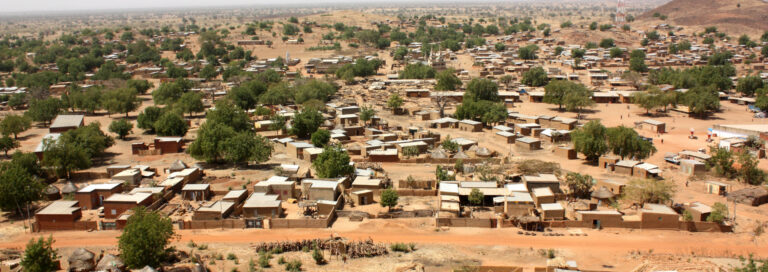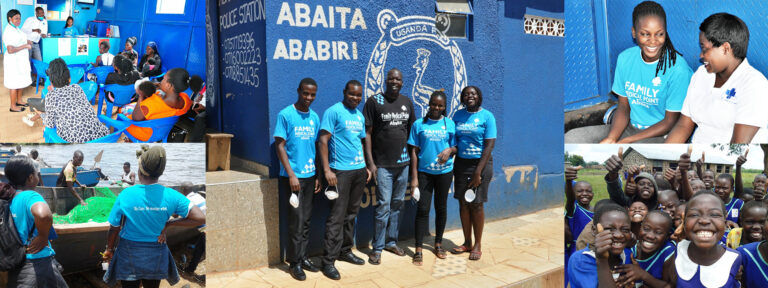
Empower women, save the planet
Today is International Women’s Day with the theme “Gender equality today for a sustainable tomorrow”. The event aims to showcase how critical advancing women’s rights is to solving our environmental crises – something we do every day at Population Matters! Communications Manager Olivia Nater summarises the evidence.
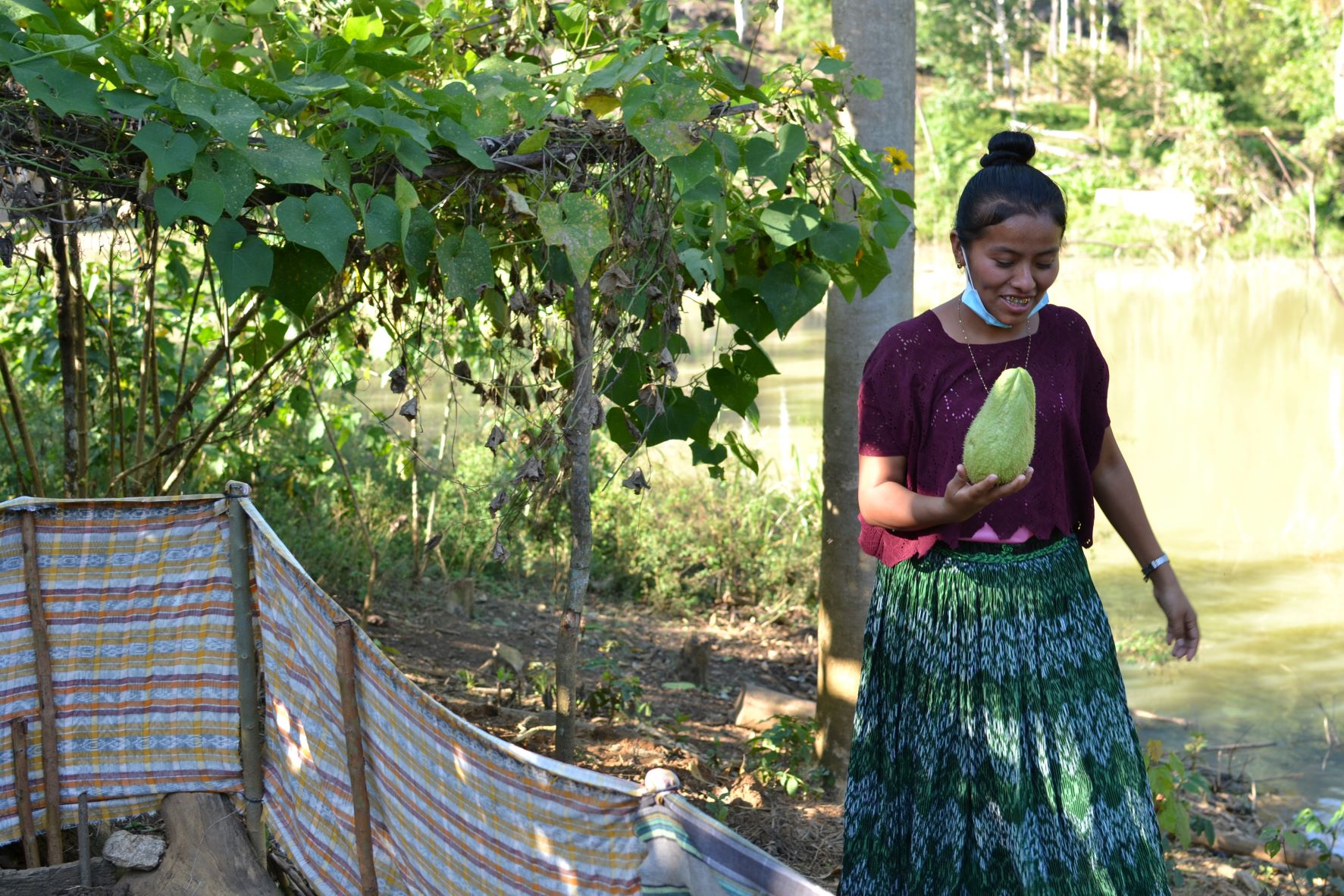
Women are the victims and the solution
Due to global gender inequality, women and girls bear the brunt of impacts of the climate crisis and resource depletion. For example, 80% of people displaced by worsening climate conditions are female, women are disproportionately impacted by hunger and malnutrition, and gender-based violence and injustices, such as forced prostitution and child marriage, increase under environmental pressures and threats.
Most environment and development organisations now recognise the urgent need to empower women and girls for climate adaptation purposes, but many still neglect the crucial role female empowerment plays in mitigation.
Research shows, for instance, that countries with a higher proportion of women in parliament tend to implement more and stricter environmental policies, while at the community level, women’s participation in natural resource management leads to better governance and conservation outcomes.
The population factor
The most overlooked way in which gender equality helps the environment is by slowing human population growth. When women and girls are free to decide what happens to their bodies and lives, fertility rates plummet. The countries with the highest fertility rates (largest average family size) have the worst gender equality scores.
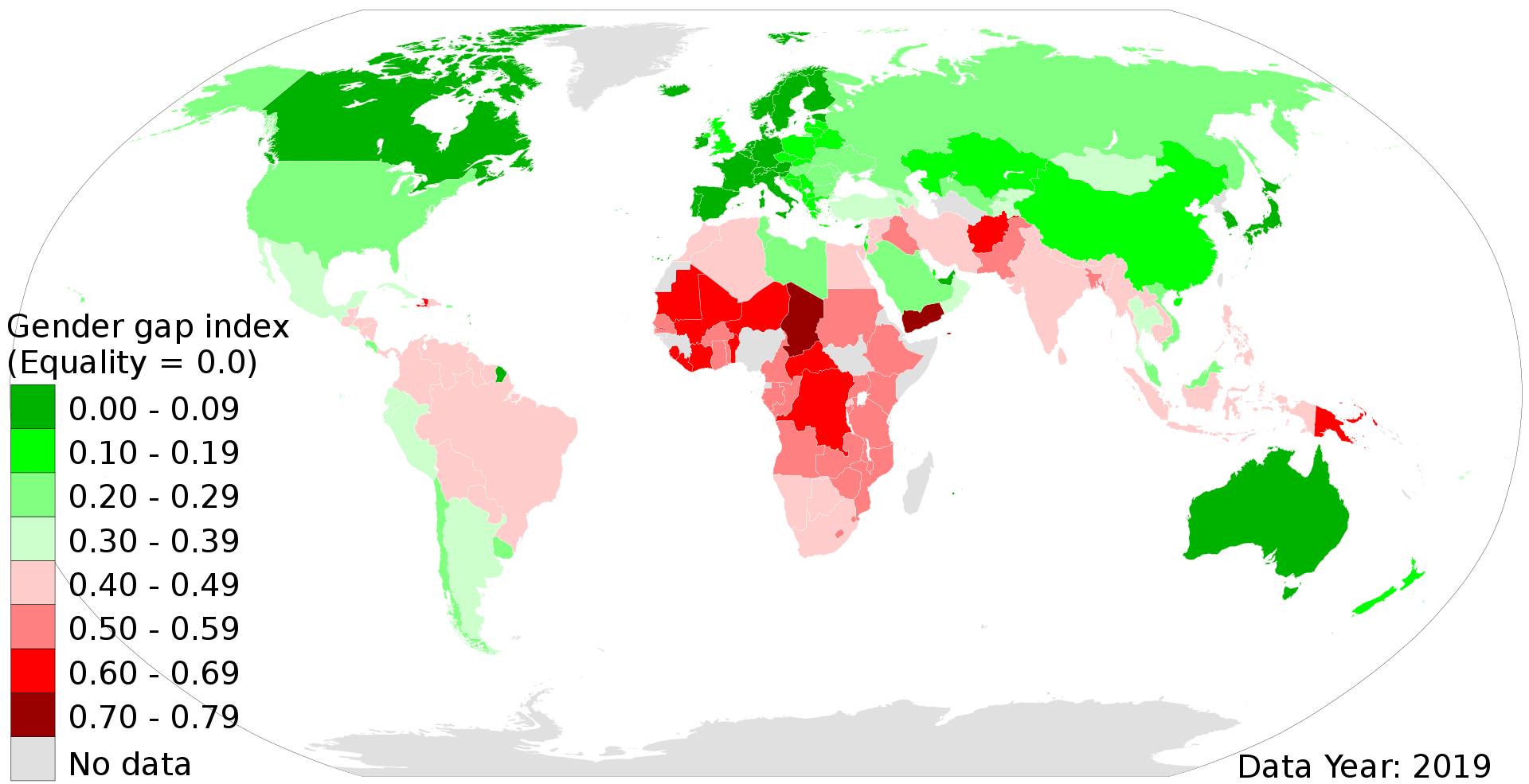
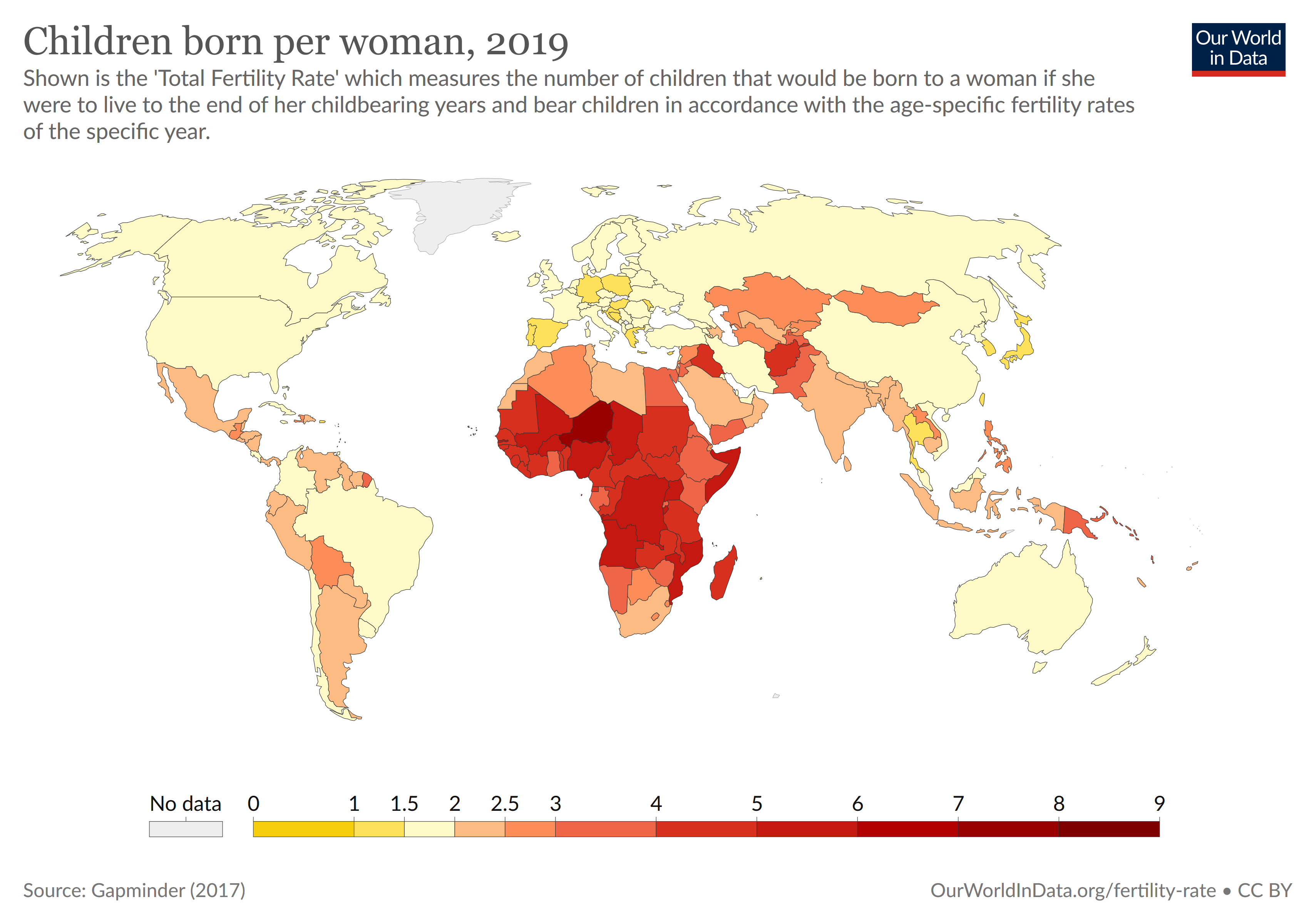
Our population is approaching 8 billion and is on track to keep growing until the end of the century, spelling worsening climate breakdown, biodiversity loss, pollution and resource shortages. Whilst global consumption levels will inevitably increase as more people escape poverty, rapid future population growth is not inevitable.
Major climate change solutions initiative Project Drawdown found that achieving the UN’s medium population projection by 2050 (9.7 billion) instead of its high one (10.6 billion) would result in an emissions reduction of 85.4 gigatonnes, making it the second most effective solution in limiting warming to 2°C (after ending food waste). Project Drawdown refers to this solution as ‘health and education’, because removing barriers to quality education and modern contraception is key to granting women the freedom to choose to have fewer children.
As human population growth is often directly correlated with habitat destruction and overexploitation of wild species, empowering women and girls benefits biodiversity conservation even more directly. In a recent op-ed for UN Women, Ugandan wildlife veterinarian and conservationist Dr Gladys Kalema-Zikusoka explained how advancing women’s rights helps nature:
“When I looked at the women aged 15 and up, many were married off, so we decided to do couple peer-education, engaging women and men equally. We got the women more involved in conservation and natural resource management and the men more involved in health care and family planning. Family planning was a solution because people were having more children than they wanted to. It was affecting women’s health, increasing poverty and preventing children from going to school. If they had 10 children, maybe half could go to school and they would prioritize the boys. And with more mouths to feed, they would go into the forest to collect firewood or to poach. … For women, [family planning] gave them more control over their lives, over their bodies. For men, it meant better balancing of the family budget. It became a win-win situation.”
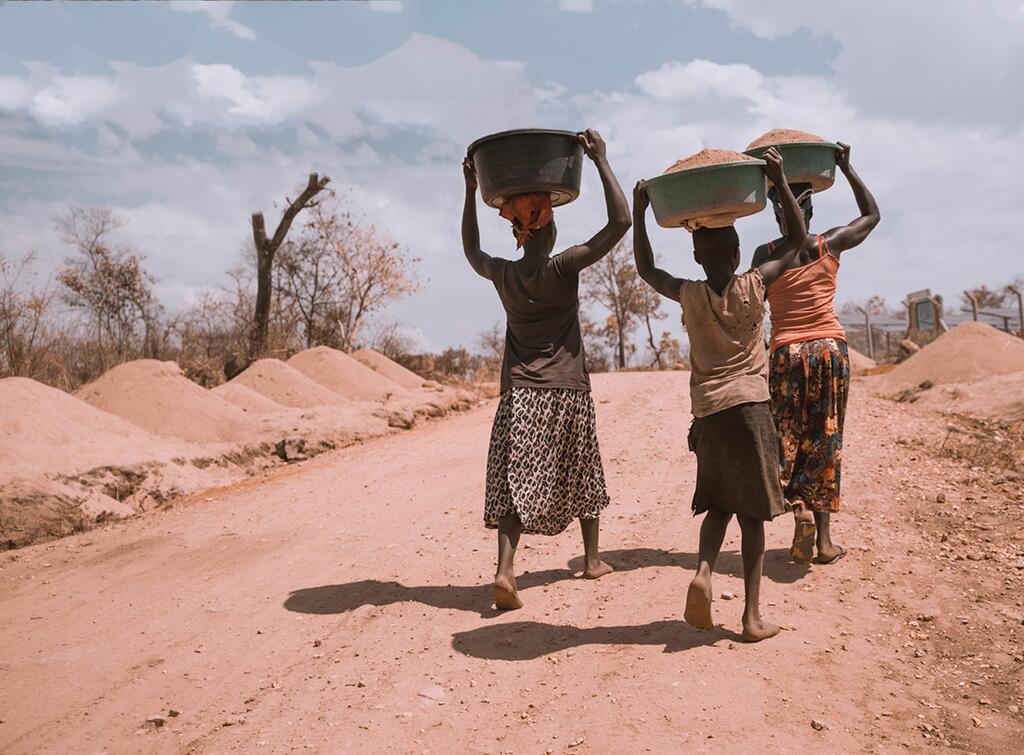
Putting it into practice
Dr Kalema-Zikusoka’s case study clearly demonstrates the unmatched benefits of women’s empowerment for both people and planet. Through Population Matters’ Empower to Plan programme, we support amazing grassroots partners around the world working on the critical intersection of women’s rights and the environment.
For example, thanks to our generous donors, we were recently able to support Guatemalan NGO Na’leb’ak with their sex education programme and the creation of 65 diversified vegetable gardens planted, tended and cultivated by young indigenous women – like us, Na’leb’ak knows that when women are able to make decisions about their bodies and their communities, the whole ecosystem benefits. It is high time for the world to embrace this fact.
Take Action

Help us empower more women to plan – for their own sake, and for the wellbeing of future generations and the planet that sustains us all.

